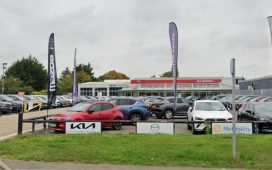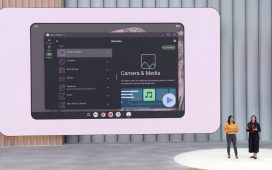It was profitable and remains so; rivals have got better at integrating technology but are still reluctant to build their own batteries. Skelton offers training courses from four hours (awareness) to four days (diagnosis and rectification). This part of the Fellten business started early in the 2020s and is still well patronised.
It was never intended to be wildly profitable, but more to encourage recruits into a subject area where Fellten bosses reckon there’s far too little knowledge and to raise awareness of Fellten products among those who will use them.
However, all of this now looks like a mere launchpad for the container-sized Charge Qube, the EV charging hub solution that Skelton reckons could lead beyond 2030 to a worldwide ‘fleet’ of 3000-4000 hired hubs deployed around the world, perhaps as far away as Africa and Australia.
The company has built and tested prototypes and is now aiming to raise an initial £5 million from investors to kick-start a new division of its business.
Under the current design, every Qube can contain up to 450kWh of power and charge up to 10 vehicles simultaneously via Type 2 chargers delivering power at a typical 7kW home-charger rate.
Soon there will be versions capable of rapid-charging two vehicles via CCS connectors at up to 240kW. Hazell is especially bullish about the contribution the Qube can make to pollution caused by vans and trucks.
“Private cars aren’t used for 97% of their lives,” he says, “but commercials are much busier. Qubes – which are designed to be installed without planning permission – can power fleets from their depots then recharge at cheap rates overnight, or from wind or solar sources. It’s a big benefit for cars, but I think the benefit for vans will be huge: it will encourage businesses to change their fleets.”








